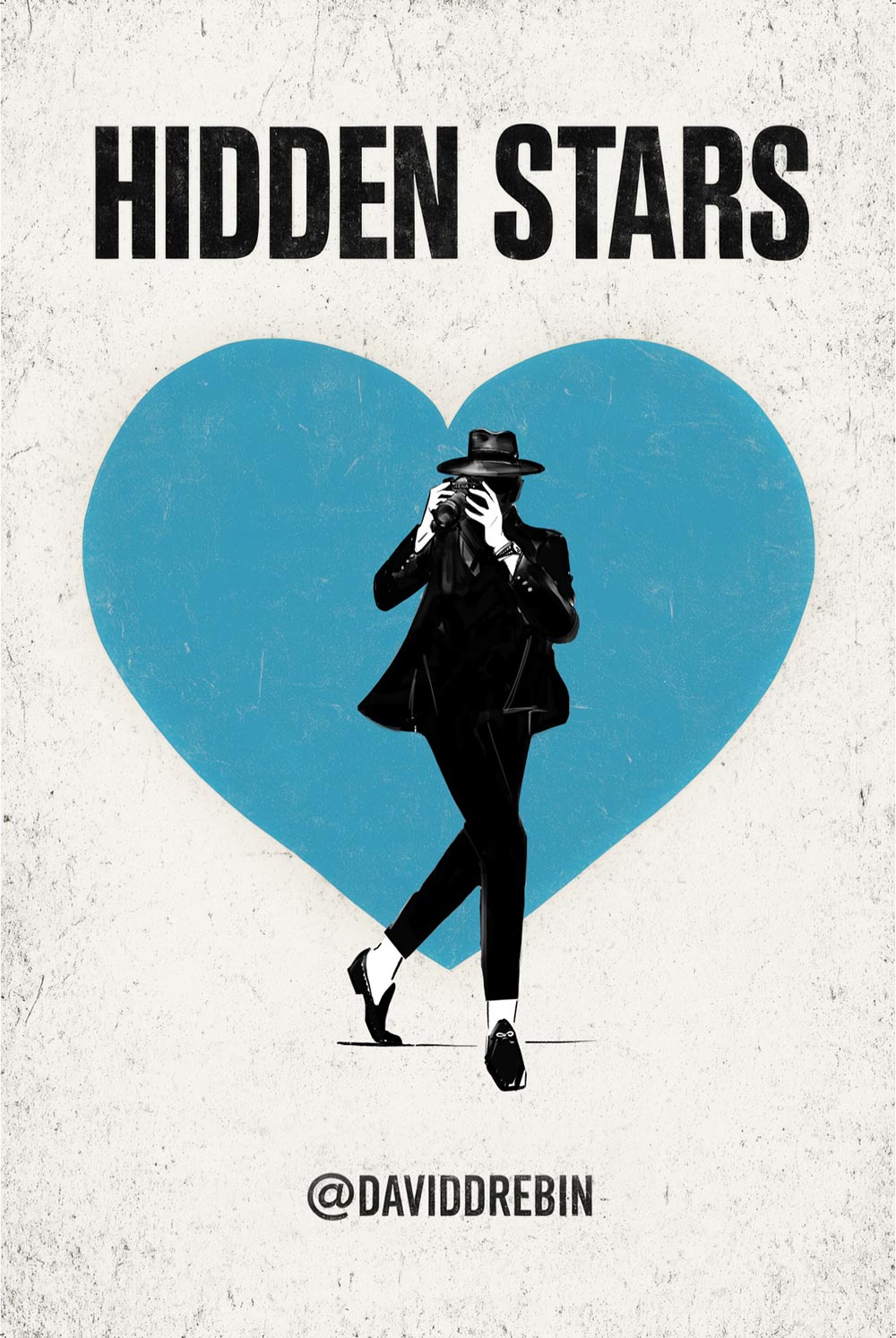David Drebin demonstrates a hypnotic interplay between performance, projection, and poetic authorship. Best known for his cinematic photographs and emotionally charged visuals, Drebin now steps fully into the public space with Hidden Stars—a live performance project that turns vulnerability into art, intimacy into spectacle, and chance encounters into something unforgettable.
At its core, Hidden Stars is not about the artist. It’s about you. For four Saturdays in September, in the middle of Washington Square Park, strangers are invited into a spontaneous exchange—raw, emotional, and unscripted. It feels part confession, part connection, part cinematic ritual. What unfolds isn’t rehearsed. But it’s undeniably orchestrated.
There’s something alchemical in the way Drebin holds space. He creates the container, but never controls the content. The result is a kind of public intimacy rarely found in a city built to distract. It doesn’t feel like a performance. It feels like a moment.
Drebin’s transition from image-maker to experiential guide reveals something deeper: a lifelong fascination with the unspoken self—not just in others, but within himself. In creating space for people to be seen, he engages in a form of emotional authorship. He doesn’t perform vulnerability; he evokes it.
Psychologically, it’s layered. His aesthetic control in his visual art becomes emotional containment in Hidden Stars. He orchestrates transformation without directly undergoing it. Yet every exchange leaves its mark. Like a mirror, he reflects what people didn’t know they were carrying.
In the end, Hidden Stars isn’t about spectacle. It’s about recognition—an invitation to feel something real, even fleetingly. You don’t just witness it. You participate in it.
Because sometimes, all it takes is a stranger who truly sees you.






